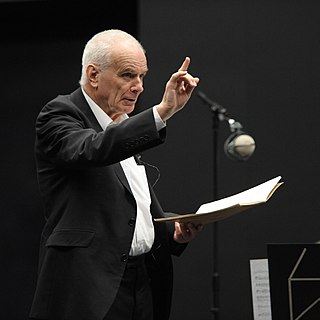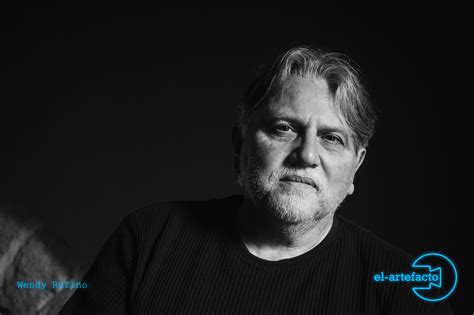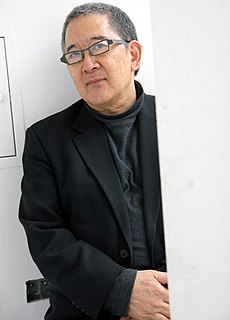A Quote by Peter Maxwell Davies
If you're writing a piece for the Boston Pops, the balance is towards one end. If you're writing a piece for a chamber music society, then it's towards another point. I won't make a final answer on that. I think it changes with every piece.
Related Quotes
Music's always part of my writing. I think all art is interconnected. You can't create or experience one without its influences bleeding into another. In my writing, music's mostly something that feeds my inspiration and mood while I'm writing, but it's also taught me how to score scenes and even novels. The rise and fall of the storyline echoes the flow of a good piece of music.
To speak technically photography is the art of writing with light. But if I want to think about it more philosophically, I can say that photography is the art of writing with time. When you capture an image you capture not only a piece of space, you also capture a piece of time. So you have this piece of specific time in your square or rectangle. In that sense I find that photography has more to do with time than with light.
I started writing novels while an undergraduate student, in an attempt to make sense of the city of Edinburgh, using a detective as my protagonist. Each book hopefully adds another piece to the jigsaw that is modern Scotland, asking questions about the nation's politics, economy, psyche and history ... and perhaps pointing towards its possible future.
Another thing about creation is that every day it is like it gave birth, and it's always kind of an innocent and refreshing. So it's always virginal to me, and it's always a surprise. ... Each piece seems to have a life of its own. Every little piece or every big piece that I make becomes a very living thing to me, very living. I could make a million pieces; the next piece gives me a whole new thing. It is a new center. Life is total at that particular time. And that's why it's right. That reaffirms my life.







































